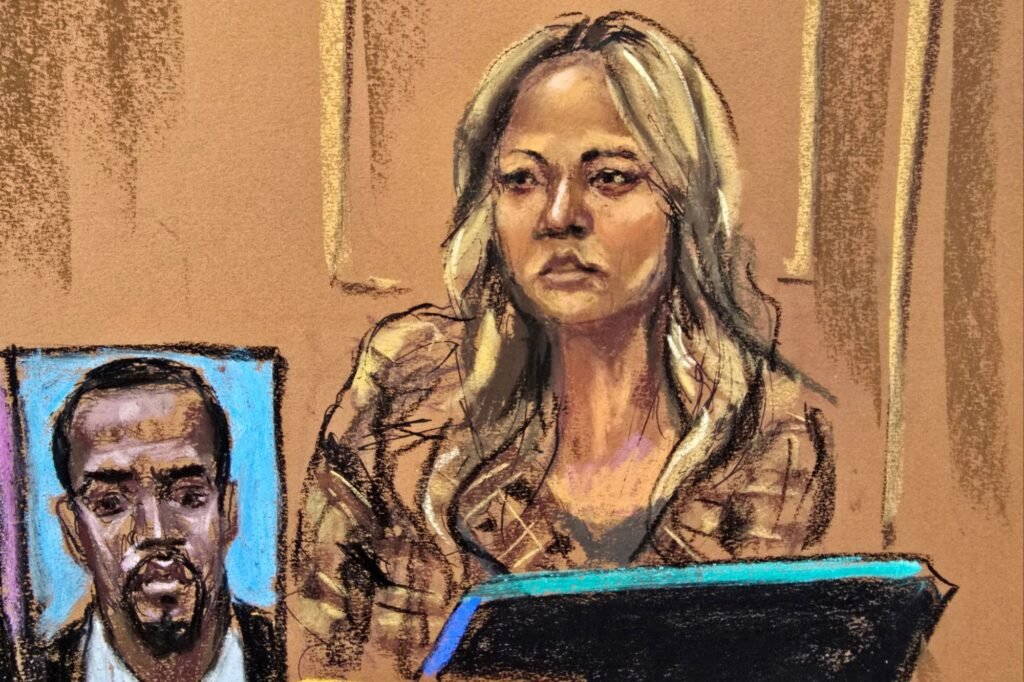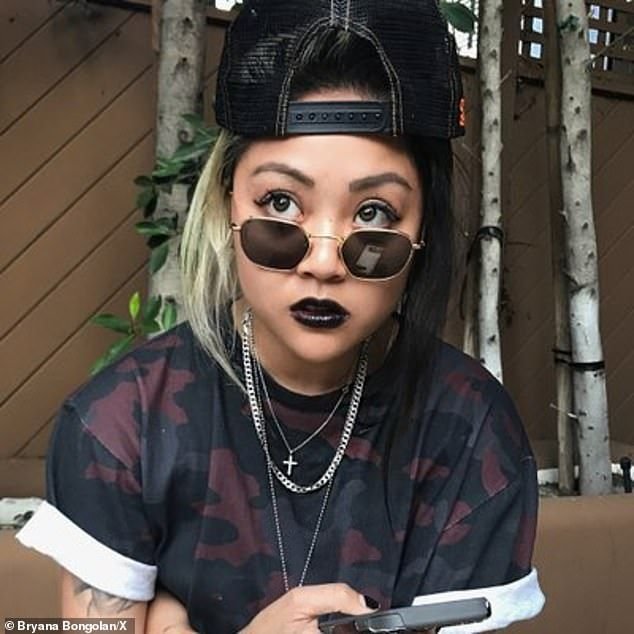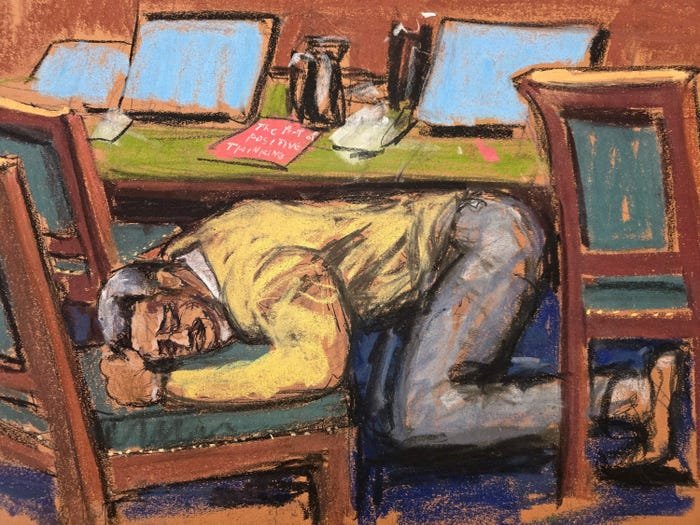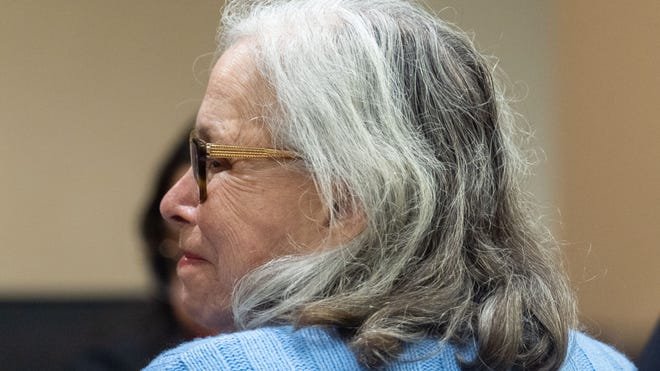
Manhattan, June 5
Bryana “Bana” Bongolan’s emotional testimony on Day 16 of the Sean Combs trial painted a disturbing picture: a close friend of Cassie Ventura who allegedly saw her battered, used drugs with her, and experienced terrifying moments at the hands of Combs herself. But by the end of her testimony, the prosecution’s witness looked more like the defense’s strongest asset.
From the moment she took the stand, Bongolan told stories that aligned with the prosecution’s narrative. She said she saw Ventura with a black eye before a movie premiere.
She said Combs had held her over a 17-story balcony. She said he told her, “I am the devil and I can kill you.” She said she saw him throw a knife at Ventura. She even confirmed that both she and Ventura did drugs with Combs, saying they sometimes tried to get sober but couldn’t.
But cracks quickly formed.

One of the key problems? Bongolan admitted she did not know when many of these incidents occurred. The reason being that she testified being heavily under the influence of drugs.
Her testimony was vague, time-blurred, and filled with speculation. When cross-examined, the defense poked holes in her claims, implying she was relying more on loyalty to Ventura than on memory. Her timeline of events didn’t always add up, and her credibility took a hit.
From a legal standpoint, that’s a serious liability. In criminal trials, especially in cases involving RICO allegations or abuse, credibility is paramount. Jurors are instructed to weigh the reliability of each witnessand a timeline that can’t be anchored is an easy target for reasonable doubt.

Another legal point: the defense highlighted that Ventura’s drug use—and even Bongolan’s knowledge of it—predates Ventura’s relationship with Combs. That legal detail, subtle but significant, weakens the prosecution’s efforts to tie Combs directly to the beginning of Ventura’s substance abuse, a tactic they’ve leaned on heavily to build their narrative of coercive control. It undercuts the causation element necessary for establishing a pattern of racketeering behavior tied to psychological domination.
The most damaging moment may have been when Bongolan couldn’t recall if she had previously told the FBI about Combs’ alleged threats or the balcony incident. The defense used this to suggest she may be fabricating or exaggerating under pressure.
That matters. In federal court, inconsistencies between witness statements and prior interviews (especially with law enforcement) can become grounds for impeachment. And that’s exactly what the defense appeared to aim for.
In sum, Bongolan’s testimony gave the jury disturbing imagery—but the legal value of her statements may be negligible. Her vague timelines, the lack of corroboration, and her hesitations all play into the defense’s hands.
Author

Latest entries
 Donna Adelson Trial2025-09-05Donna Adelson Found Guilty on All Counts in Dan Markel Murder Case
Donna Adelson Trial2025-09-05Donna Adelson Found Guilty on All Counts in Dan Markel Murder Case True Crime2025-09-03Epstein Files: Survivors Break Silence on Capitol Hill
True Crime2025-09-03Epstein Files: Survivors Break Silence on Capitol Hill US2025-09-03Cardi B Assault Trial Verdict — She’s Not The Drama
US2025-09-03Cardi B Assault Trial Verdict — She’s Not The Drama US2025-08-30Jim Crow Era — Louisiana’s Split Juries Problem and the Limits of Retroactivity
US2025-08-30Jim Crow Era — Louisiana’s Split Juries Problem and the Limits of Retroactivity






